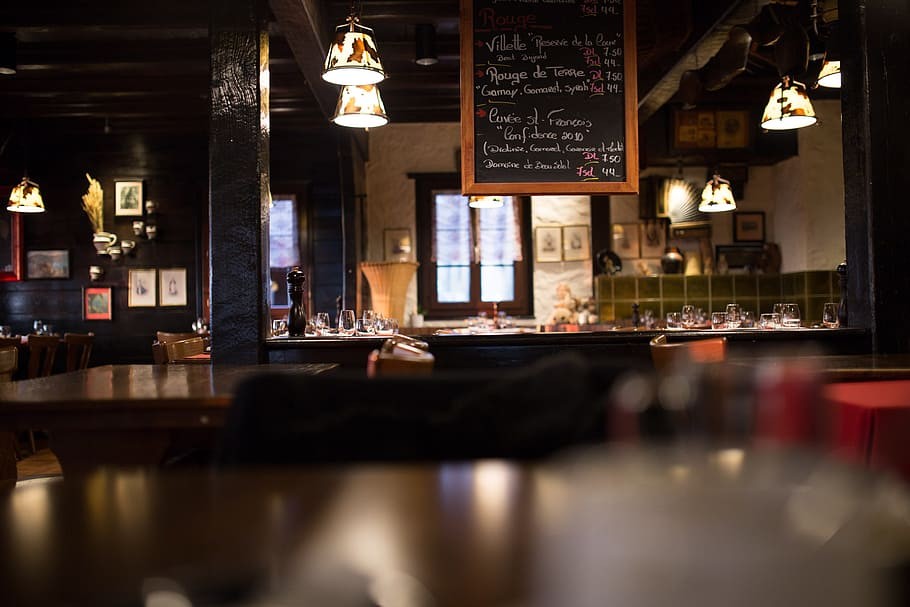Zero Waste Kitchens are eco-friendly spaces that are revolutionizing the culinary industry by minimizing waste and maximizing sustainability. There is so much buzz about net zero and ways to get there. However, at HPG Consulting, we believe that there is a need for a heuristic change in how we approach problems related to sustainability.
Food waste is a huge problem in the hospitality industry, costing billions of dollars and harming the environment. According to a report by WRAP, UK restaurants alone waste 0.97 pounds of food per meal, which adds up to 766.3 million pounds annually. According to a working paper by World Resources Institute India (WRI India), the estimated economic value of post-harvest losses in India was INR 926.51 billion (USD 15.19 billion) in 2014. This is an underestimation of overall food loss and waste in India, as India ranks 107th out of the 121 countries in the Global Hunger Index. Any amount of food loss and waste is a wasted opportunity to increase food availability, improve income, ease pressure on land and water resources, and reduce GHGs.
The hospitality industry plays a crucial role in the dynamics of food waste prevention. But how can you design a commercial kitchen that minimises food waste and maximises efficiency? Here are some best practices to create a zero-waste kitchen.
Plan your menu carefully

One of the first steps to reduce food waste is to plan your menu according to the demand, seasonality and availability of ingredients. You can use data from your sales records, inventory management system and customer feedback to identify the most popular and profitable dishes, and adjust your menu accordingly. You can also use techniques such as cross-utilization, batch cooking and menu engineering to optimise your ingredient usage and avoid overproduction.
Source your ingredients sustainably

Another way to reduce food waste is to source your ingredients from local, organic and ethical suppliers who share your vision of sustainability. By buying locally, you can reduce the carbon footprint of your food, support the local economy and ensure the freshness and quality of your ingredients. By buying organic, you can avoid pesticides and chemicals that can harm your health and the environment. By buying ethically, you can ensure that your ingredients are produced with respect for animal welfare, human rights and fair trade.
Train your staff on waste reduction

Your staff are the key to implementing a zero-waste kitchen, so it’s important to train them on how to reduce food waste and why it matters. You can educate them on the environmental and economic impacts of food waste, and teach them best practices such as proper storage, portion control, FIFO (first in, first out), composting and recycling. You can also incentivize them to reduce food waste by setting goals, rewarding achievements and creating a culture of accountability.
Monitor your food waste daily

To measure the effectiveness of your waste reduction efforts, you need to monitor your food waste daily and in real-time. You can use tools such as Greenkode, a smart bin that weighs and identifies your food waste using AI, or Electrolux Professional’s Zero Waste All Taste concept, which includes equipment, pre-sale services, maintenance contracts, staff training, recipe development, payback calculation and food cost analysis. By tracking your food waste data, you can identify the sources, causes and costs of your food waste, and take actions to improve your performance.
Donate or repurpose your surplus food
Finally, if you have any surplus food that is still edible and safe to consume, you can donate it to local charities or community groups that feed people in need. You can use platforms such as Aahar and Double Roti to connect with people who are looking for free or discounted food near you. Alternatively, you can repurpose your surplus food into new dishes or products that you can sell or give away. For example, you can turn overripe bananas into banana bread or cookies, or carrot peels into carrot chips or soup.
These are some of the best practices that can design a zero-waste commercial kitchen that benefits your business, your customers, and the planet. A zero-waste kitchen is not only possible but also profitable and rewarding. HPG as a waste management consultant is an expert in providing practical solutions to build you a zero-waste kitchen. Let’s make the world better by championing zero-waste kitchens and taking steps towards a greener, more sustainable future. Together, we can make a difference, one meal at a time.